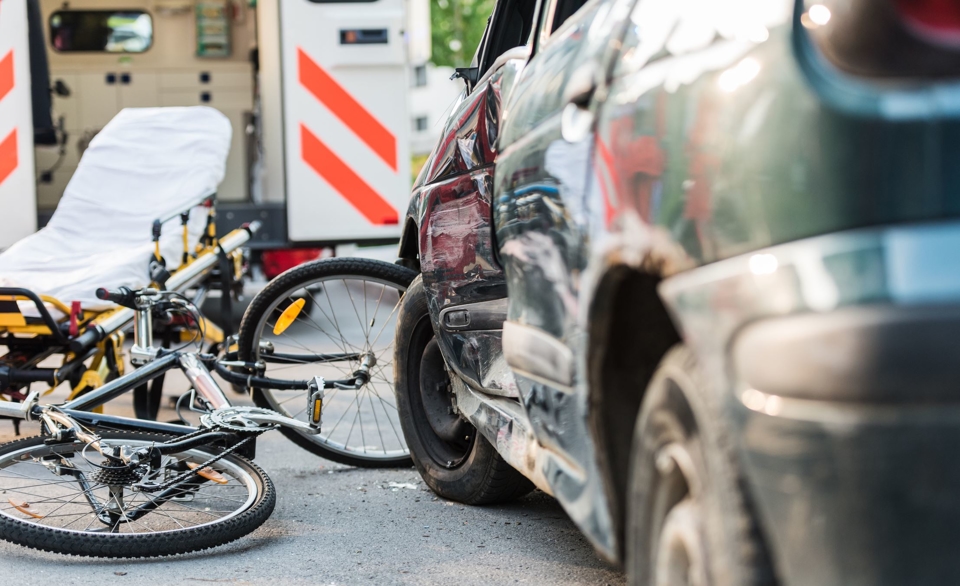On July 17, 2014, an accident involving a dump truck and a car led to the death of the car’s driver. The crash in Colonial Lake, Lawrence Township was blamed on the truck driver’s diabetic condition. He is believed to have experienced hypoglycemia and temporarily lost consciousness.
In December 2016, a New Jersey psychiatrist drove his Toyota Corolla into a head-on collision with a trooper’s patrol car on Route 55. Both he and the state trooper were killed. A close friend would later mention that the doctor had diabetes and this may have incapacitated him thus causing the crash.
For many Americans, driving is a key part of daily activity. Driving gives the individual personal freedom and enables them to go to work, school, the mall or on vacation. The majority of people diagnosed with diabetes will have barely any difficulty driving a motor vehicle. Nevertheless, some diabetics will exhibit symptoms or experience complications that make safe driving a challenge.
Hypoglycemia
Sudden episodes of hypoglycemia (low blood sugar) can lead to impaired vision, delayed reaction, confusion, or unconsciousness. Hypoglycemia is the main but not the only reason why diabetics can be a risk on the road. Non-hypoglycemic diabetics may lack feeling in their feet and experience visual disturbance all of which can make it harder to drive safely. Research has shown that diabetic drivers have a 12 to 19 percent higher risk of experiencing a crash when compared to the average driver.
Licensing
A doctor’s evaluation may be required before a license is issued. Simply having diabetes does not of itself necessitate additional evaluation. A history of loss of consciousness due to hypoglycemia however does. Diabetics with regular episodes of hypoglycemia or a history of at-fault crashes within a given period may not always be aware of the danger they pose to other road users. The state of New Jersey thus welcomes disclosure by the driver’s family members, social workers, and health professionals on the individual’s deteriorating ability to drive.
Doctors are obliged by law to report to licensing agencies within 24 hours drivers who have recurring or persistent episodes of unconsciousness, convulsive seizures, or loss of motor skills. The report is treated with confidence and is only used as a trigger for the evaluation of the diabetic’s capacity to drive. The licensing authority will then require a detailed professional evaluation from the driver’s doctor.
A diabetic who has previously experienced loss of consciousness may be granted a driving license if they can demonstrate that they have not had an episode of unconsciousness in the preceding 12 months. The driver’s physician will also be required to present a statement of their episode and incident history every 6 months for the first 2 years after the license is approved and then every year thereafter.
Rosner Law Offices, P.C., P.C New Jersey Car Accident Attorney
If you have been involved in a car accident and suspect the other driver was suffering from a diabetic impairment at the time, you will want to talk to an expert New Jersey car accident attorney at Rosner Law Offices, P.C. The law does not view kindly diabetics who cause an accident due to a lack of responsible care for their condition.
One study showed that as many as 60 percent of diabetic drivers on insulin surveyed did not check their blood sugar levels before getting on the road. It is therefore important that you pursue just compensation for the injuries and property loss experienced after the collision. Talk to Rosner Law Offices, P.C., P.C today.






